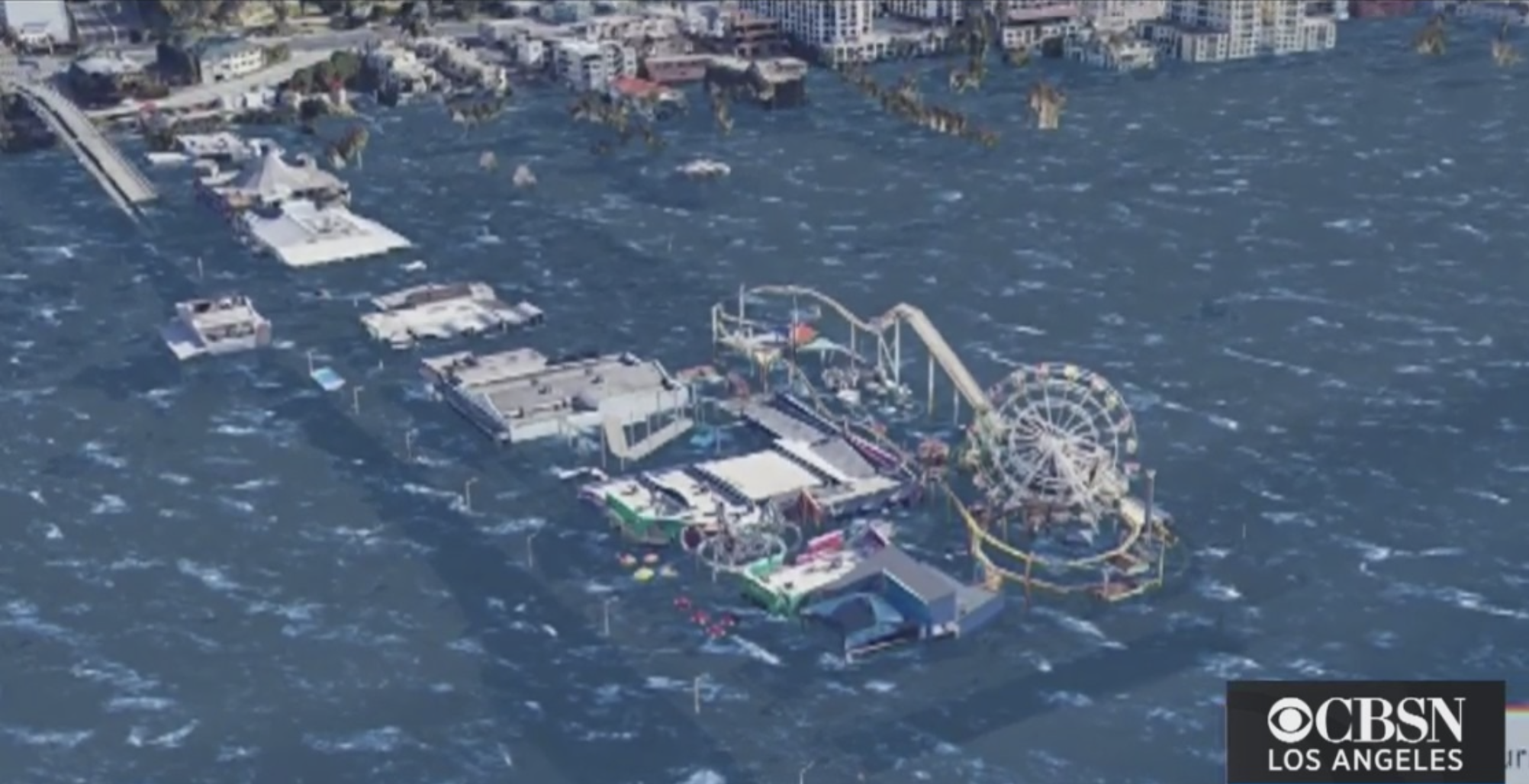Climate models are unreliable when it comes to predicting the damage tropical cyclones will cause to sensitive coral reefs, according to a study published in the journal Earth’s future.
Anticipating an increase in tropical cyclone intensity with climate change, conservationists have been interested in using the models to identify the vulnerability of reef communities to storm damage and to target conservation and protection efforts on coral reefs least likely. be impacted by climate change.
But a team of researchers from the University of Leeds in the UK, the Australian Institute of Marine Science and the Commonwealth Scientific and Industrial Research Organization (CISRO) urge caution when using the models weather forecasts, arguing that they are not yet reliable enough to determine which reefs will be most exposed to damage from cyclones.
Cyclones are a moving weather system that creates stormy conditions including heavy rain, waves and powerful circular winds. The most damaging weather conditions are found near the eye of a cyclone, an area with a typical diameter of around 50 km.
Strong waves can shatter coral reefs – and the most destructive impact is seen when intense cyclones move into or approach coral reef ecosystems.
Dr Marji Puotinen, Spatial and Ecological Data Specialist at the Australian Institute of Marine Science and co-author of the paper, said: “It can take decades to centuries for coral communities to recover from damage. by extreme weather events – – and it’s important that conservationists target their limited resources at the reefs most likely to survive climate change.
“To do this, they need to assess the vulnerability of coral reefs to more extreme weather. hurricanes.”
To test the accuracy of the climate models, the research team examined how well they simulated recent extreme weather events. They found that the models did not capture all of the characteristics of a cyclone that result in waves that can damage a coral reef.
Globally, climate models had medium to high confidence that the average cyclone will be more intense in the future due to climate change. However, the models were less certain about the impact of tropical cyclone wave damage on coral reefs.
For example, although the cyclone may be more intense, it may not track or pass near coral reefs.
Adele Dixon, a PhD student at the University of Leeds who led the study, said: “Our investigation has identified the pros and cons of using climate models in coral reef conservation work.
“The models are accurate in projecting on a global scale that future cyclones will most likely be more intense due to climate change. But they are less accurate in projecting how these cyclones will affect individual coral reefs. – this is the result of more localized conditions such as pounding waves.”
The researchers published their study — “Coral Reef Exposure to Damaging Tropical Cyclone Waves in a Warming Climate” — in the scientific journal Earth’s future.
Scientists are calling for new research to better understand the impacts of climate change on the characteristics of tropical cyclones that influence damage to coral reefs.
Source of the story:
Materials provided by University of Leeds. Note: Content may be edited for style and length.




